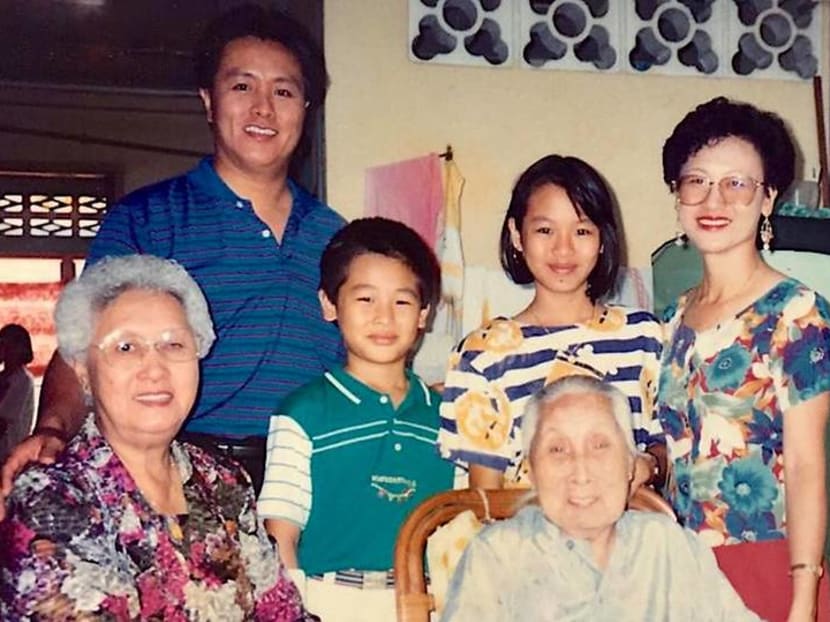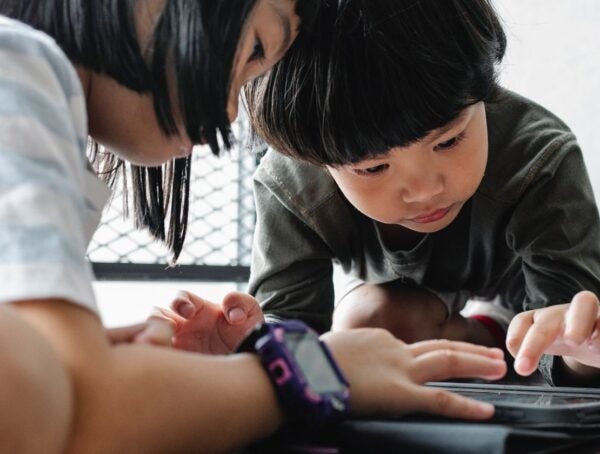Disclaimer: In Real Life is a platform for everyday people to share their experiences and voices. All articles are personal stories and do not necessarily echo In Real Life’s sentiments.
Many of us know (mostly from personal experience…) that when it comes to the subject of disciplining children, Malaysian parents believe that there is nothing wrong with tough love. The majority of Malaysian households probably agree that physical and emotional means of discipline were necessary for keeping kids in line.
But this idea of “justice” does come with a twist: even though Malaysian parents themselves usually experienced corporal punishment while growing up (which explains a lot), that doesn’t make it any less damaging or traumatic for children to experience.
So you either perpetuate the cycle of abuse or stop it.
Let’s talk about Chinese families…

Source: CNA Lifestyle
The Chinese civilization is famous for its discipline, excellence, hard work as well as the importance of household and ancestral cultures. This is how traditional Chinese culture has formed authoritarian parenting styles among parents.
When it comes to traditional Chinese upbringings, it is seldom to encounter supportive parents. A strong relationship is present between parents’ adherence to the usual Chinese culture and the style of parenting used. Because of that, children are often provided with instructions and demands – there is no two-way communication. In addition to that, they are never allowed to question their parents. It is also clear that Chinese parents tend to spend more time pushing their kids to study, practice, and achieve.
As the reputation and name of the family play a significant role in society, expectations and pressure weigh heavily on the children. If a child does well in arts and academics as well as sports, it’s expected of that to translate to a good job with a high salary. This in turn will lead to social enhancement of the family image.
On the other hand, in order to obtain this, it is assumed that the child should undergo a strict upbringing of discipline and pressure from the parents.
But surely there is a line, right?

We all know of parents who are guilty of calling one of their children “garbage”. In the same corner, we have “useless”, “stupid” and “good for nothing” – now where have we Malaysian generations heard these before, hmm? It’s not surprising that this strong level of parenting can leave children resentful. The irony of tiger parenting is that parents genuinely believe harsh discipline encourages their children to strive better!
And who can forget the gruelling rule of the mighty rotan. How many of you can say that you were never smacked even once? Although corporal punishment in the upbringing of children makes the work of parenting easier, we can’t neglect the fact that it is also indeed a form of child abuse.
Hitting your child only makes your job to be a parent easier – why sit your child down and explain to them what right and wrong are when you can simply spank them?
Threats and humiliation are also on the menu

It’s pretty common to scold and yell at your kids. Of course, scolding by itself isn’t illegal. However, if you have gone too far with the humiliation or threats towards your child and it causes them to suffer from significant mental or emotional disorders, you can be liable for emotionally abusing your child under the Child Act.
There have not been any Malaysian cases (that we could find) where a parent has been charged for verbally abusing a child. But imagine a father had emotionally abused his daughter by threatening to end their father-daughter relationship or to kick her out of the house if she refused to follow his instructions. The daughter is obviously going to carry that emotional baggage her whole life. It’s safe to put two and two together that she should have psychological issues – and how it could have stemmed from her emotionally abusive upbringing.
Malaysian parents really need to reevaluate what they consider to be good parenting skills
What we consider good parenting is usually influenced by how we grew up and chances are pretty high that we’ve experienced at least one of the points above.
Although the law is clear that physically hitting a child is unlawful, in reality a lot of parents still hit their children as a form of “discipline” or “tough love”.
I’m not a parent but I have been a child and this is what I wish my parents knew: parents need to face that parenting is tough. It’s better to take the hard way round and have tough conversations with your kids than to simply punish them for their wrongdoings.
For more stories like this, read: We asked Malaysians: What Were Their Worst Caning Experiences? and 3 Culture Shocks I Felt After Going From An SRJK(C) To An SMK School
You might also like
More from Real Skills
How I Saved Almost RM50,000 On Buying My First Car
Here's how this Malaysian man with a RM3,500 salary saved RM50,000 on his first car.
Angry M’sian Boss Demands Unpaid Overtime Over Raya, Causes 9 Staff To Quit
An anonymous employee at a local SME shares how a bad-tempered boss eventually caused 9 staff to quit before Hari …
I Studied In Chinese School As A Malay Boy, Here’s What I Learnt
Every time I used Mandarin outside of school, family members would come up to me at gatherings and ask me …


















